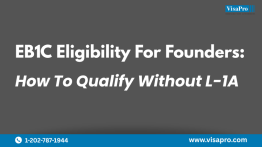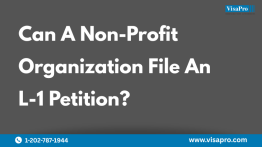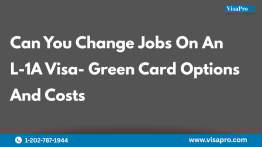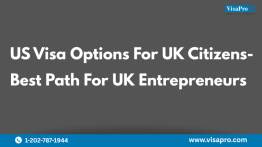Quick Summary:
If you’re a business owner in Canada looking to move to the U.S., you have exciting visa options, but choosing which one is right for you can feel overwhelming. In this guide, we’ll break down the L-1, E-2, TN, and H-1B visa options for Canadian entrepreneurs, explain eligibility and investment requirements, and show you exactly how you can start your journey to living and working legally in the U.S.
Understanding U.S. Visa Options For Canadian Entrepreneurs And Business Owners
Canadian business owners seeking to live and work in the U.S. have several visa options, including the L-1, E-2, TN under NAFTA (USMCA), or the H-1B visa categories. Each has specific eligibility rules based on your role, investment, and business structure.
The L-1 and E-2 visas are the two most popular options for Canadian entrepreneurs. The L-1 is ideal if you already run a company in Canada and want to expand into the U.S. The E-2 works well if you’re investing substantial funds into a new or existing U.S. business. The H-1B and TN visa categories, however, may also work. H-1B applies in limited cases where your work qualifies as a specialty occupation and the TN visa may be available for certain professional roles.
The L-1 For Canadians: Expand Your Canadian Business Into The U.S.
The L-1 visa allows Canadian executives and managers to transfer to a related or affiliated U.S. office of their Canadian business.
To qualify for an L-1:
- You must have been employed by your Canadian company for at least 1 continuous year in the last 3 years in a qualifying position
- You must be entering the U.S. to establish or work at a related U.S. entity.
- Your role in the U.S. and in Canada must be managerial, executive, or involve specialized knowledge.
Real Example: A Canadian tech entrepreneur who owned a software company in Toronto opened a new U.S. branch in Seattle. He used the L-1 visa route and later transitioned to a green card through the EB-1C multinational manager category.
Practical Advice:
- You don’t need to make a large investment.
- The initial L-1 for Canadians is granted for 1 year for new U.S. offices, extendable upon proving business viability.
- Keeping the Canadian company operational is essential.
Call To Action: Wondering if your company qualifies for an L-1? Ask VisaPro about applying for L1 visa from Canada today.
The E-2 Visa For Canadians: Invest And Move To The U.S.
The E-2 visa allows Canadian citizens to live and work in the U.S. by investing a “substantial” amount in a viable business.
To qualify for the E-2 visa, you must:
- Be a Canadian citizen.
- Make a substantial investment in a bona fide U.S. business.
- Show that the business is not marginal (i.e., it is expected to generate more than just a living for you and your family).
Real Example: A Canadian family invested $100,000 in opening a fusion-themed restaurant in Austin, Texas. Within a year, they planned on employing 5 workers. Their E-2 was approved, and they were able to renew the E-2 visa once they reached their goals.
Tips:
- For many types of businesses, a $75,000 to $100,000 investment is often considered substantial.
- Planning to hire U.S. workers early helps meet the non-marginality test.
- You can start with a lease, licenses, and business plan to apply for the visa, even before fully launching.
Call To Action: Not sure if your investment qualifies? Schedule a free assessment with VisaPro immigration experts to evaluate your eligibility for the E2 visa for Canadians.

H-1B For Canadian Professionals: Limited But Viable In Some Cases
The H-1B visa allows U.S. companies to employ foreign workers in specialty occupations (occupations which require a bachelor’s degree or higher).
To qualify for the H-1B:
- The job must typically require a bachelor’s degree.
- You must have the relevant U.S. degree, its foreign equivalent or equivalent education and/or experience.
- A U.S. employer must sponsor you and submit an H-1B Registration in the H-1B Lottery before being able to file a petition.
Challenges:
- Subject to an annual lottery (except for certain cap-exempt employers).
- Entrepreneurial H-1Bs are possible, but require advance planning.
- Example: A Canadian marketing manager received an H-1B to work at a U.S. ad agency. Later, she started her own ad agency and filed an H-1B transfer so she could work at her own company as a marketing manager.
Call To Action: Thinking about an H-1B path? Contact VisaPro for guidance on Canadian eligibility for the H-1B visa.
TN For Canadians Under USMCA: Professional Work Opportunities
The TN visa allows Canadian professionals to work in the U.S. for U.S. employers in pre-approved occupations under USMCA (formerly NAFTA).
To qualify for a TN:
- The job must be listed in the USMCA-approved occupations list (e.g., engineers, accountants, scientists).
- You must have the relevant qualifications, and a job offer from a U.S. employer.
- The TN is valid for up to 3 years and is renewable.
Real Scenario: A Canadian management consultant secured a TN visa to advise a U.S.-based logistics company for 18 months. Her degree and detailed letter from the U.S. employer were key.
TN Visa Limitations:
- TN does not allow for self-employment or employment through your own company, however, entrepreneurs can still meet TN visa requirements with careful planning and structuring as detailed here https://www.visapro.com/resources/article/tn-visa-to-green-card/.
- Cannot lead directly to permanent residence.
Call To Action: If you’re a professional, talk to VisaPro best immigration lawyer about whether a TN visa for Canadians fits your role.
Can Canadian Business Owners Get A Green Card?
Yes. Entrepreneurs may qualify for a U.S. green card through business-based immigrant categories.
EB-1C Path:
- You must show you managed or directed a related Canadian business for at least 1 year before your transfer to the U.S.
- Your Canadian company must still be active.
- No labor certification is required.
EB-5 or EB-2 NIW:
- EB-5 requires investing $800,000–$1.05M and creating 10 jobs, including investments made over time.
- EB-2 NIW may be available for entrepreneurs who serve U.S. national interest.
Tip: E-2 is a great temporary option, but plan early if permanent residence is your goal.
Call To Action: Let VisaPro immigration attorneys help you chart a roadmap from temporary to permanent residence.
What About Your Family?
Your spouse and children (under 21 and unmarried) can join you in the U.S. under any of the visa options above.
- Spouses of E-2 and L-1 holders can work in the U.S. Some spouses of H-1B holders may be eligible to apply for work authorization.
- Children can attend school, through university, but cannot work.
- Dependents receive the same visa duration as the principal applicant.
Tip: Spouses of L-1 and E-2 holders can work in the U.S. immediately upon entering the U.S. and don’t need sponsorship.
FAQs: U.S. Visa Options For Canadian Entrepreneurs
1.What is the best U.S. visa for a Canadian opening a restaurant?
The E-2 visa is typically the best option for Canadians investing in restaurants, requiring around $75,000–$100,000 and proving the potential for job creation and economic impact.
2.Can a Canadian use the TN visa to run a business in the U.S.?
The TN visa only allows work in specific professional roles for U.S. employers, not for self-employment or business ownership. However, entrepreneurs can still meet TN visa requirements with careful planning and structuring- check out https://www.visapro.com/resources/article/tn-visa-to-green-card/.
3.How do I apply for an L-1 from Canada?
You must show that you’ve worked for a qualifying Canadian company for 1 year and are transferring to a related U.S. entity. Canadians may be able to apply for the L-1 directly at the U.S. port of entry, bypassing U.S. Citizenship & Immigration Services. Consult VisaPro top immigration lawyers to help with applying for the L1 from Canada.
4.Does the U.S. E-2 visa for Canadian citizens lead to a green card?
Not directly. However, many E-2 investors transition to a green card through EB-5, EB-1C, EB-2 NIW, or other categories.
5.What are the U.S. visa options for Canadian entrepreneurs in 2025?
Common options include the L1 for Canadians, E2 visa for Canadians, and in some cases, the H-1B or TN visas. Each has specific criteria depending on your business and role.
Ready to bring your Canadian business to the U.S.?
Schedule your free visa strategy session with a VisaPro attorney today and take the next confident step toward your American dream.
What VisaPro Customers Are Saying
The US [B-1] Visa has always been a tough ride, and being denied a few times it makes it even worse. But thanks to VisaPro and their meticulous processing I was granted a Visa. I would like to thank you and all the people involved in making this a success. I would like to recommend VisaPro to all those who seek peace of mind and hassle free Visa processing.”
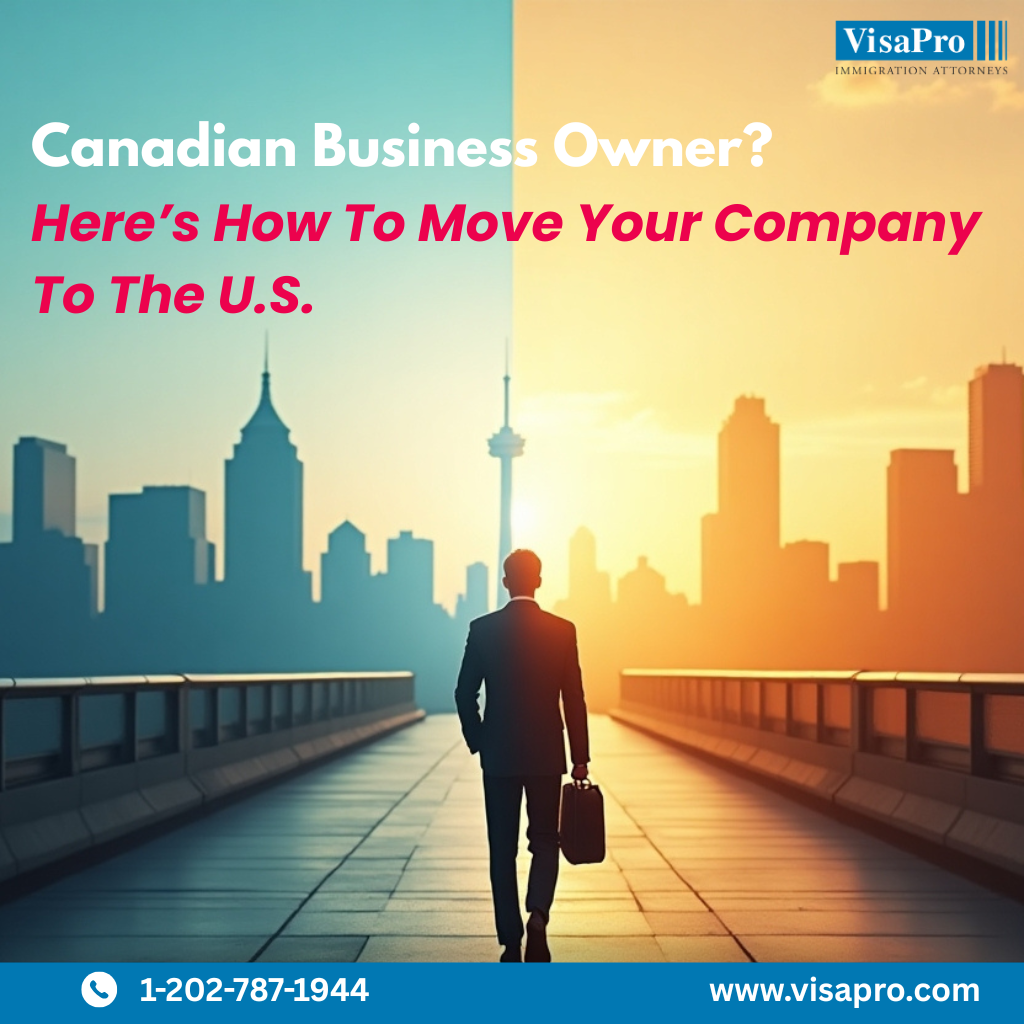
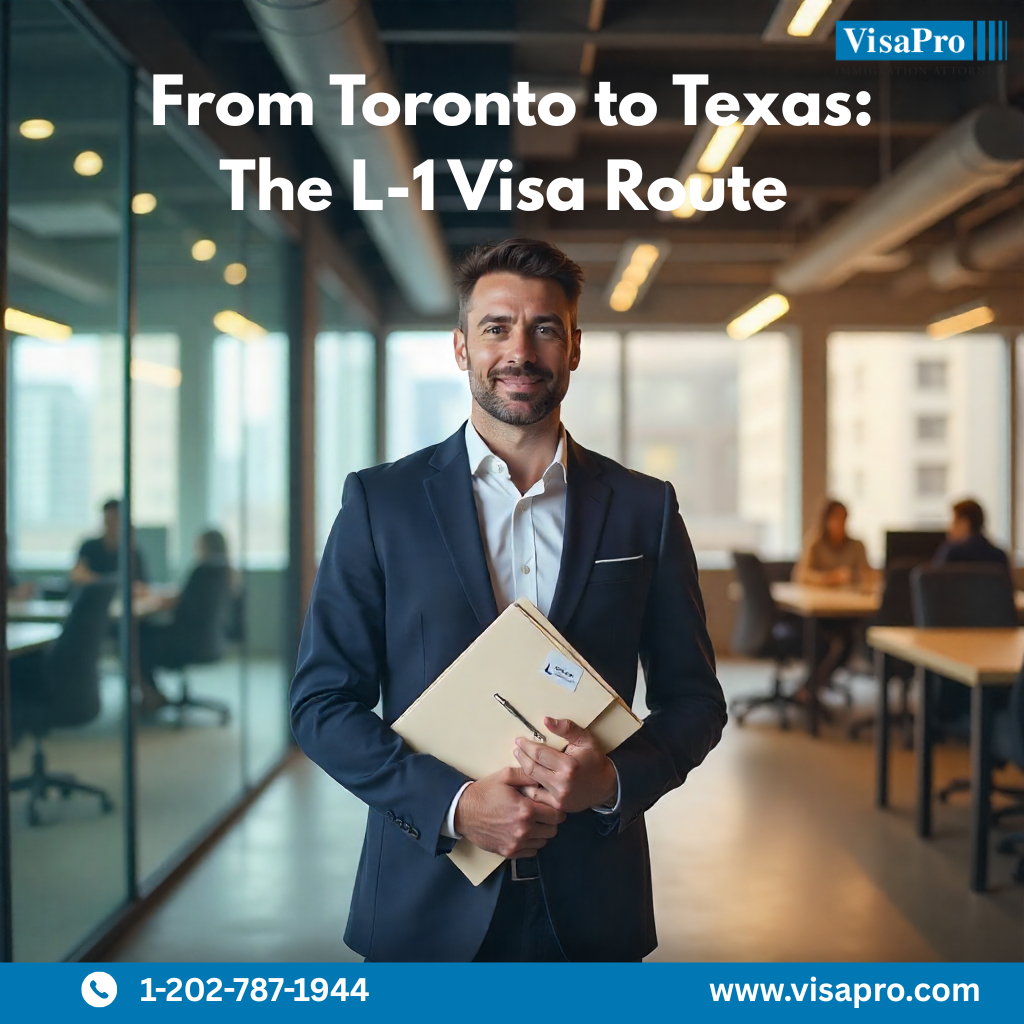
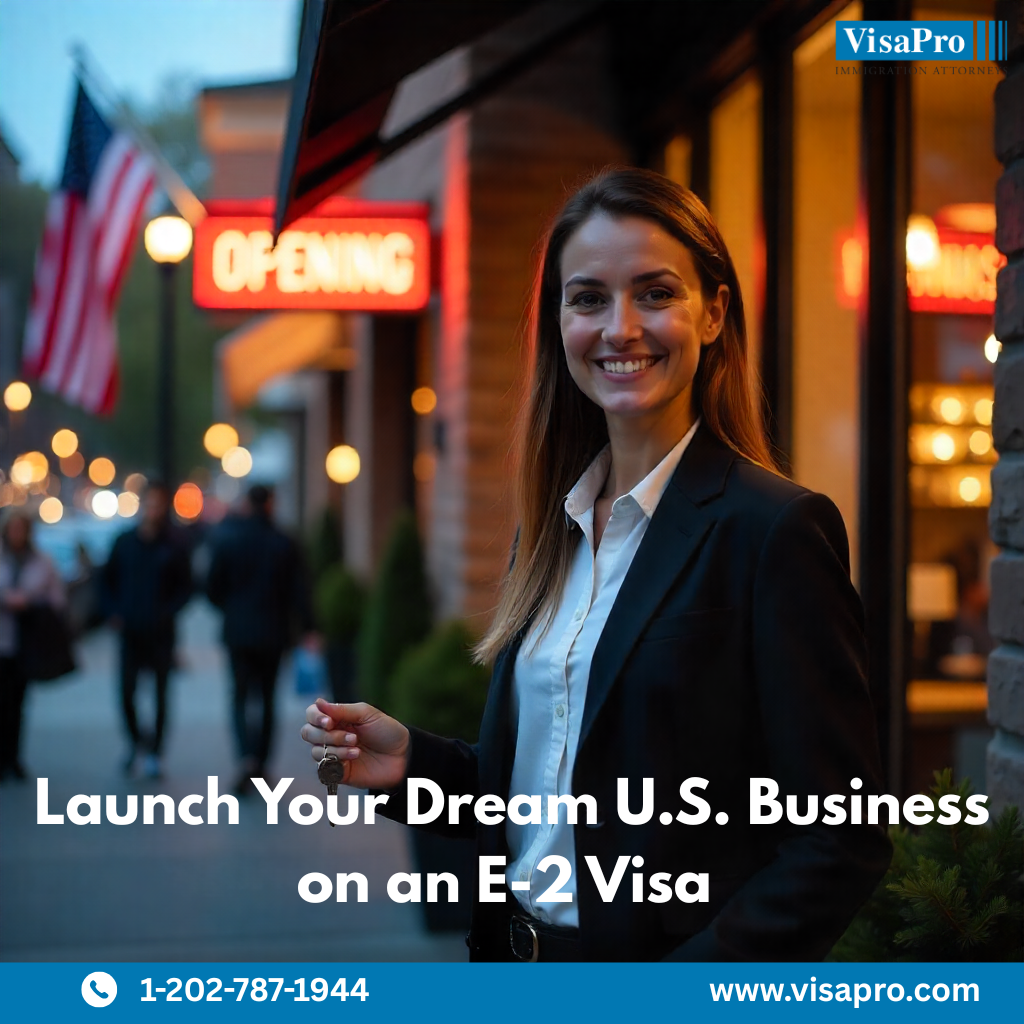

 Manas Bhat, Director Operations, First Houston Mortgage India
Manas Bhat, Director Operations, First Houston Mortgage India